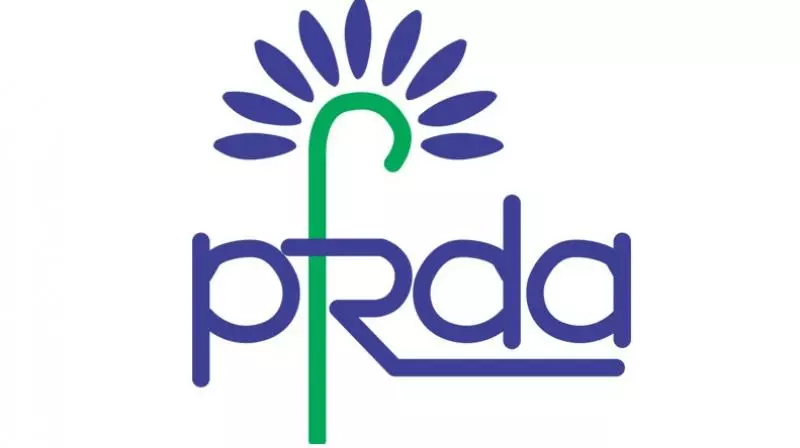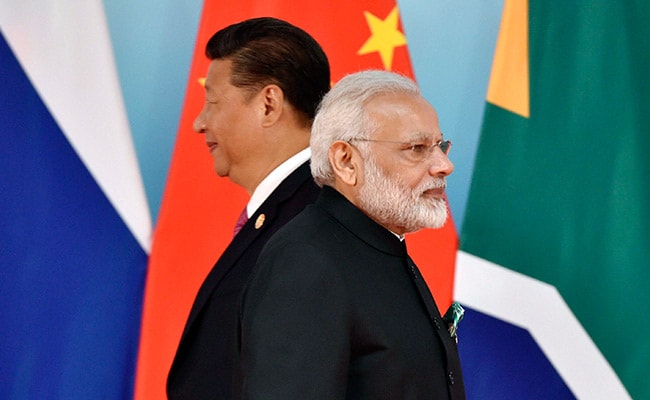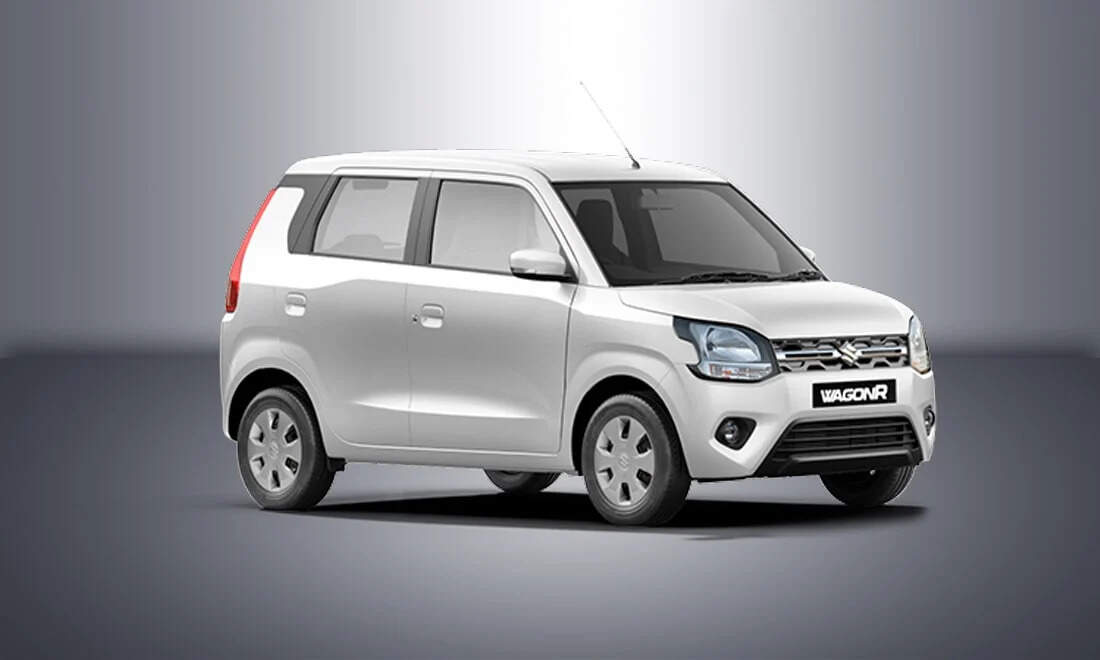Pune-based Gennova Biopharmaceuticals Ltd will develop a self-amplifying mRNA vaccine candidate against the deadly Nipah virus. The critical initiative is supported by an expanded partnership with the Coalition for Epidemic Preparedness Innovations (CEPI), with funding of up to US$13.38 million (approximately Rs 1,144 crore).
Gennova, which is a subsidiary of Emcure Pharmaceuticals Ltd, will also team up with US-based Houston Methodist Research Institute (HMRI), also a CEPI partner, to apply cutting-edge AI technology to identify potential Nipah vaccine targets.
“This is a significant advancement in the fight against the Nipah virus. By harnessing the cutting-edge capabilities of our saRNA platform, we are committed to developing a revolutionary next-generation vaccine. This partnership not only sets a new standard for the rapid development of mRNA vaccines but also ensures equitable access and strengthens global health security”, said Dr Sanjay Singh, CEO of Gennova Biopharmaceuticals Limited.
Singh added that Gennova will do preclinical and phase 1 vaccine tests in India, where multiple Nipah outbreaks have been reported over the past 20 years. “AI technology will optimise the properties of proteins derived from the virus that could stimulate the immune system and serve as optimal vaccine targets for Gennova to investigate in the lab and in the clinic,” he said.
Nipah virus belongs to the Paramyxovirus family and is one of the deadliest pathogens known to infect humans. So far, Nipah outbreaks have been confined to South and Southeast Asia, but the fruit-bat vector is found in large geographical areas across the globe, covering a population of more than 2 billion people.
“With no vaccines or specific therapeutics approved for human use against Nipah, CEPI is leading the charge to protect the world against this deadly virus committing over US$100 million to its Nipah programmes and advancing the first ever Nipah vaccine candidates into Phase 1 studies and through to completion,” Dr Kent Kester, executive director of Vaccine Research and Development at CEPI, said in an official statement released on Tuesday.
“Gennova’s work will not only help establish the suitability of the saRNA platform for use against Nipah but also its suitability as part of a wider group of RNA technologies that could enable rapid responses to future Disease X threats, potentially within 100 days of identification,” he said.
Story continues below this ad
Scientists explained that mRNA vaccines use the body’s own machinery to make antigenic protein rather than injecting the antigen directly into the body, while saRNA vaccines work by giving the body instructions to replicate the mRNA needed to create the desired antigen, potentially enhancing the immune response with lower doses compared to existing mRNA vaccines.


























































